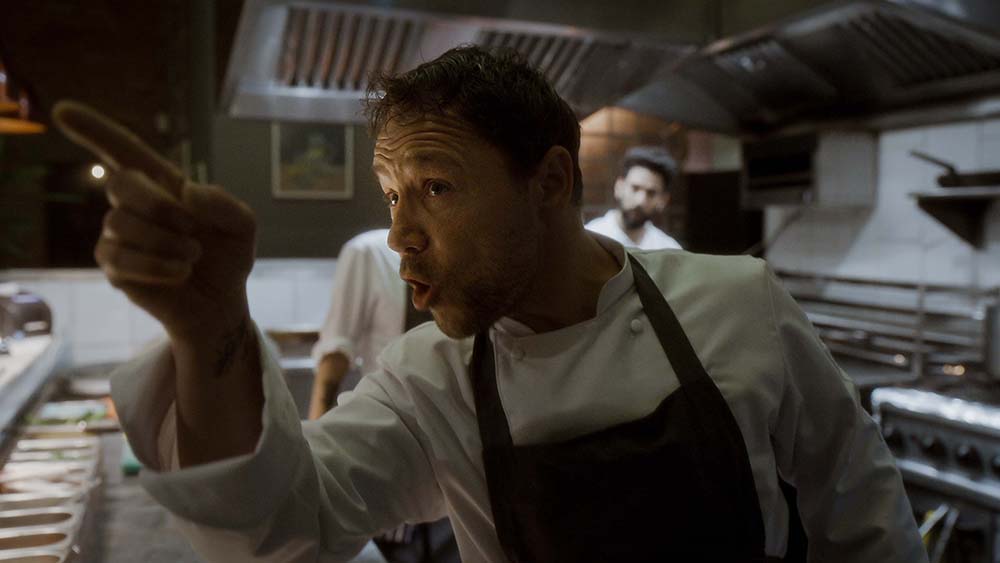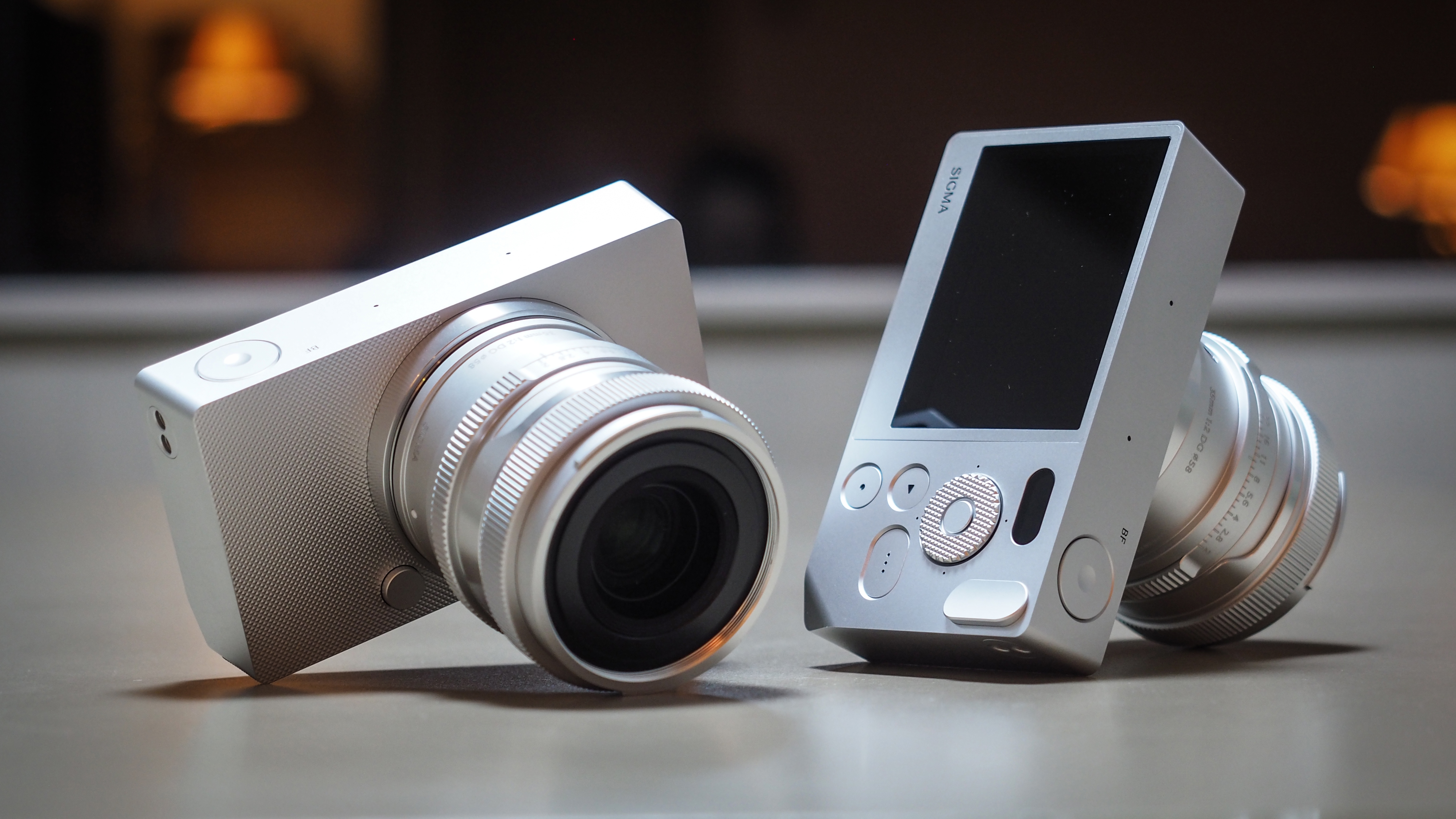BAFTA-nominated film Boiling Point is filmed in just one 90 minute take
Set in a fine dining restaurant on the last Friday before Christmas, Boiling Point explores the pressures of working in hospitality in a single take

Stephen Graham’s critically acclaimed, Bafta nominated film Boiling Point follows a chef as he navigates a series of high-pressure situations at his restaurant on the busiest night of the year. Shot in a single take at an actual restaurant in Dalston, London, the film show’s a darker side to fine dining while exploring themes of stress and addiction.
Boiling Point is the collective brainwork of Line of Duty actor Stephen Graham, director and writer Philip Barantini and writer James Cummings. The trio first worked together on the 2001 series Band of Brothers and in 2019 they trialed a short, 20-minute version of the film to see if the concept could work. It was a roaring success and was nominated for several awards then two years later, the full-length film came to fruition.
• Read more: Best cinema cameras
From the get-go, chef Andy Jones (played by Graham) has his plate piled high. Already struggling with issues in his personal life, Johnson turns up to his shift to discover an unexpected visit from the food standards agency. The night then continues to throw curveballs at the kitchen team with allergy requirements, a visit from not one but two food critics and off-menu food orders from rowdy influencers.
The plot is loosely based on the experiences of director Barantini who describes the film as his “passion project”. Having spent many years working in the industry before switching to film and TV, Barantini wanted to create a film that was an honest reflection of how stressful hospitality environments can be while maintaining the more lighthearted moments. In an interview with The Staff Canteen, Barantini says, I wanted to get all those nuances across. It’s not all doom and gloom - it’s tough but you’re in it together.”
While the events in the film are not based on real-life happenings, Barantini himself has struggled with and overcome addiction so knows how crippling it can be. He wanted to address an issue that isn’t talked about enough in the hospitality industry through Graham's character who by no coincidence is named after chef Andy Jones who owns Jones & Sons where the film is set.
Throughout the 90-minute long thrilling drama, there are several powerful scenes between staff members who show varying degrees of love, anger, resentment and support for one another. Barantini explains, “You are a family: you hate each other you love each other, you fight and then you makeup and you go out together drinking, it's a mad incestuous world - but if you work in a good place, it can be great.”
Get the Digital Camera World Newsletter
The best camera deals, reviews, product advice, and unmissable photography news, direct to your inbox!
The one-take film was shot entirely on a Sony Venice after cinematographer Matthew Lewis realized he could take advantage of the Rialto extension system. As it allows the removal of the front image block for mounting into different housing, it meant the crew could use it to shoot in very tight spaces - something that would be much more difficult with a larger camera such as the Arri Alexa Mini (which is the camera they had originally planned on using).
Even though it was a one-take film, Lewis wanted the film to have a very polished feel to it which is why it was shot in 6K. He didn't want viewers to be thinking about why there was no cut scenes and instead be able to concentrate on the plot, conversation and fluidity of the take.
It required a team of three sound recordists, three boom operators and a focus puller film and a cameraman to film Boiling Point. As it was filmed in a real-life restaurant and kitchen rather than in a staged one, lighting the set and recording audio was a big challenge. Radio mics and receivers were hidden all over the place to record audio while other light sources were connected to dimming systems so that an operator could make an area lighter or darker as the camera traveled through the set. Just four takes were shot and the third used as Barantini felt the actors were becoming too rigid in the final take and he wanted the rawness of an improvised script.
This isn’t the first time a film’s been shot in just a single take but arguably it’s one of the best I’ve seen. It works so well in conveying the chaotic, high-octane environment Graham finds himself in. Shots seamlessly transition from front of house to the kitchen, enabling the camera crew to record intense conversations between the staff and flit between shots of guests at their table.
As the night comes to a head, emotions are running high and one fatal mistakes changes the course of the evening drastically - but I don’t want to give too much away. If you’re a fan of films that have that little bit of edge to them, Boiling Point comes highly recommended and Stephen Graham’s performance is remarkable.
Read more:
Best cameras for filmmaking
Best cameras for video
Best video tripods

Having studied Journalism and Public Relations at the University of the West of England Hannah developed a love for photography through a module on photojournalism. She specializes in Portrait, Fashion and lifestyle photography but has more recently branched out in the world of stylized product photography. Hannah spent three years working at Wex Photo Video as a Senior Sales Assistant, using her experience and knowledge of cameras to help people buy the equipment that is right for them. With eight years experience working with studio lighting, Hannah has run many successful workshops teaching people how to use different lighting setups.
